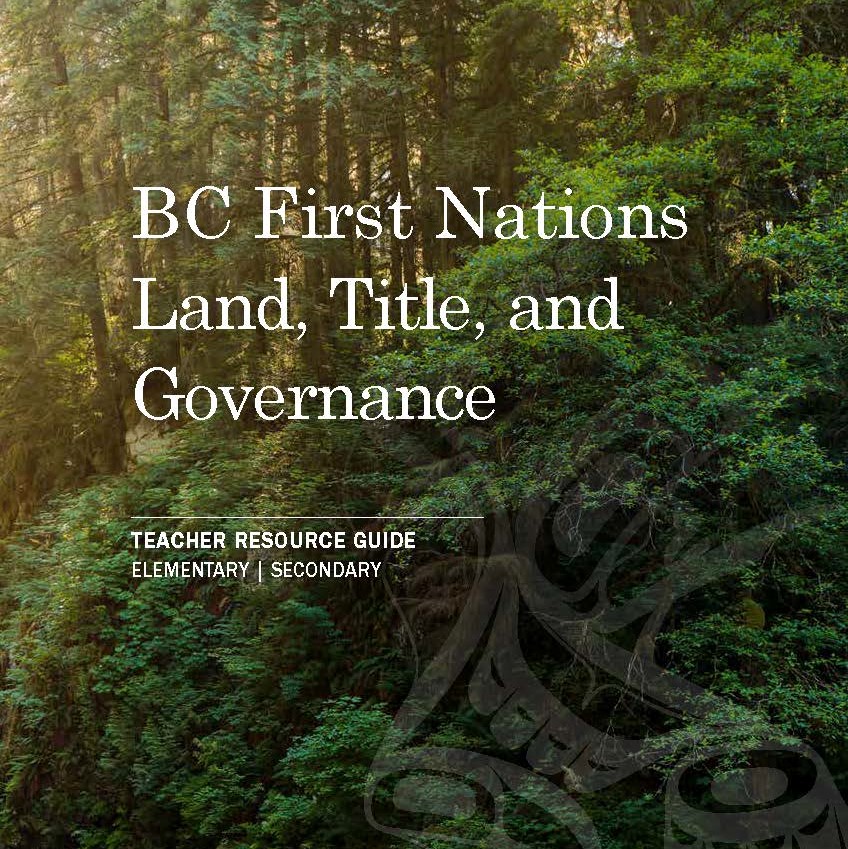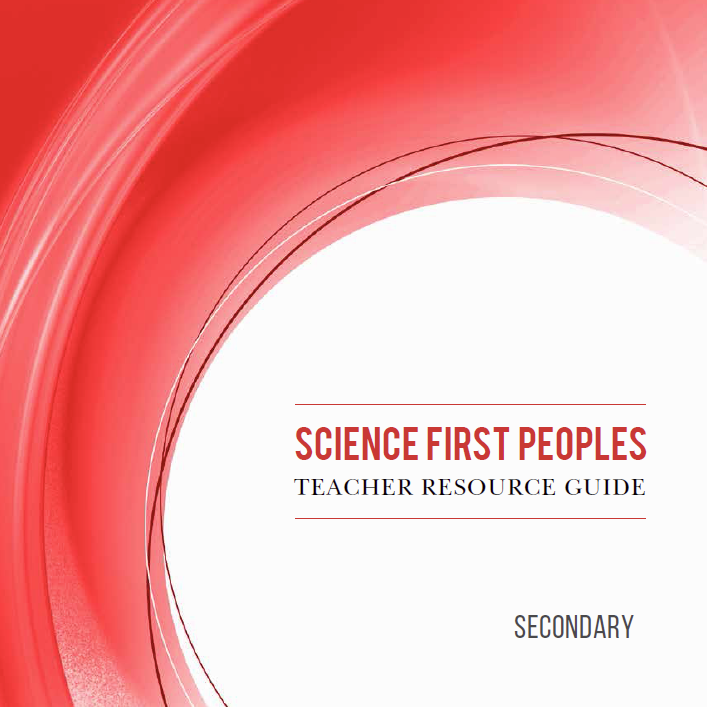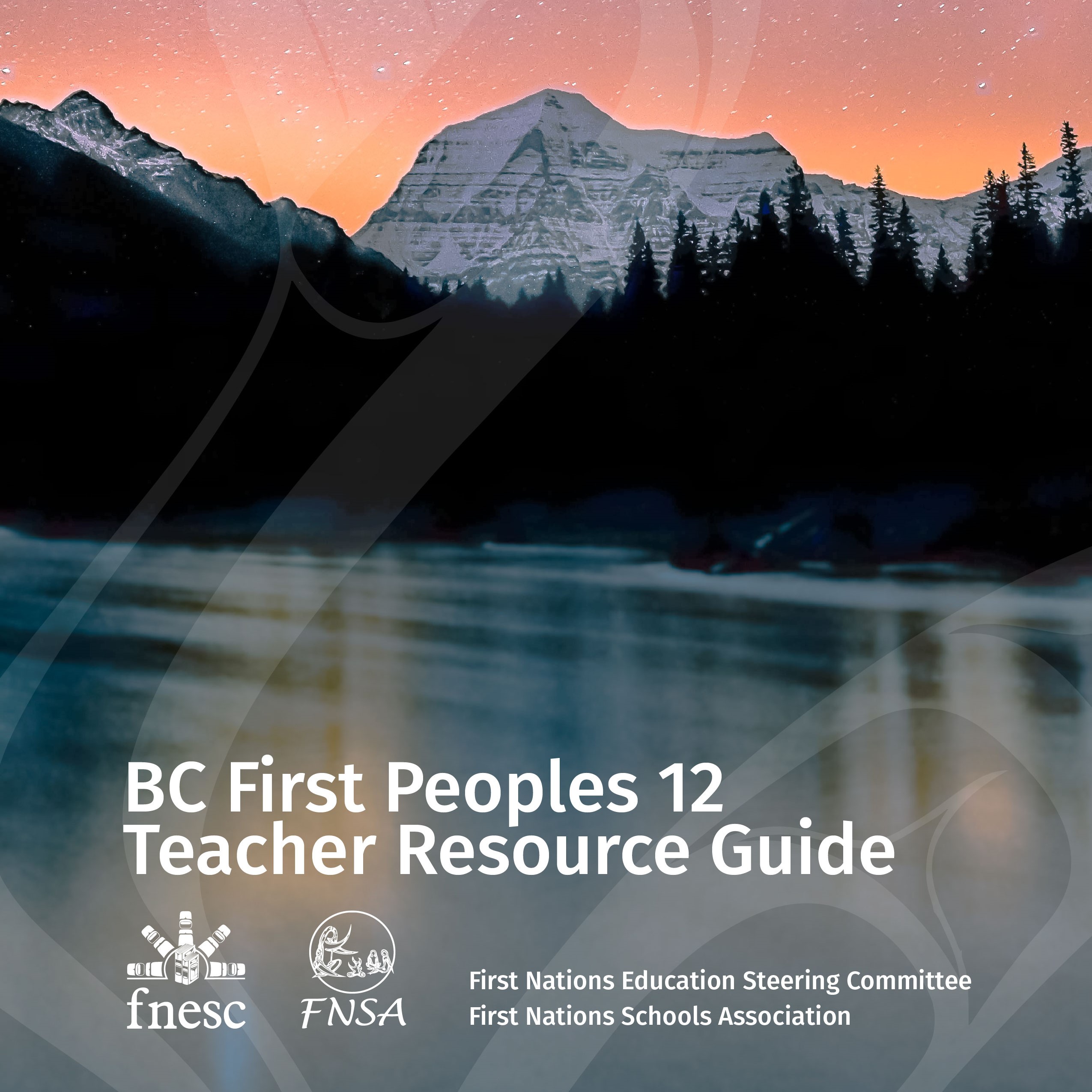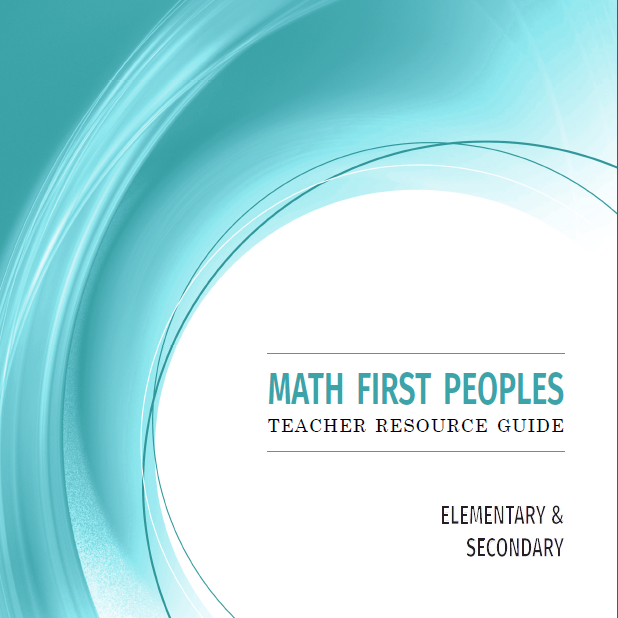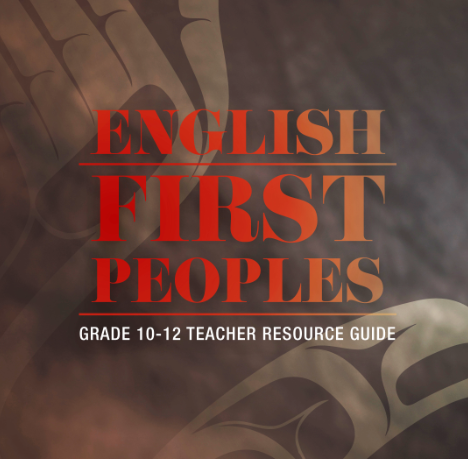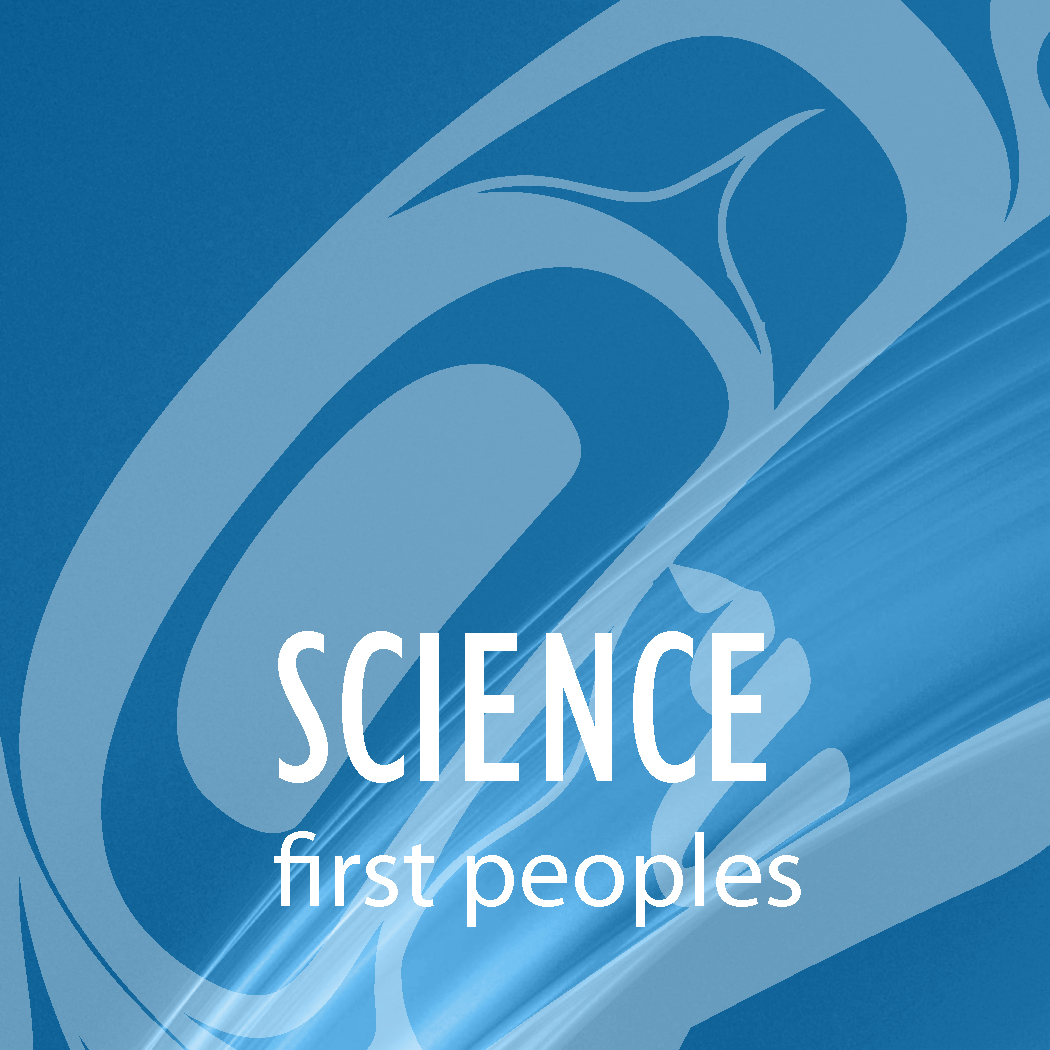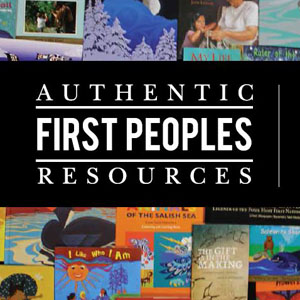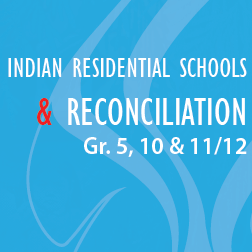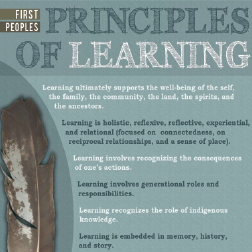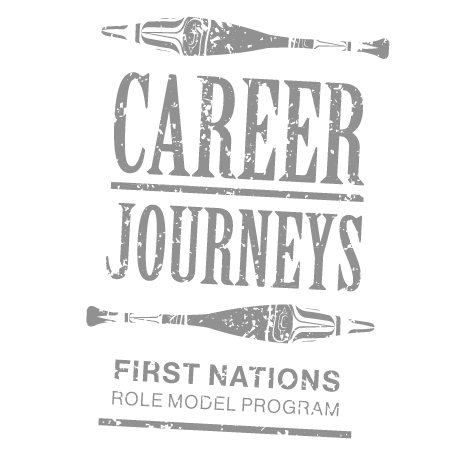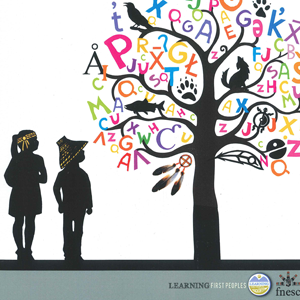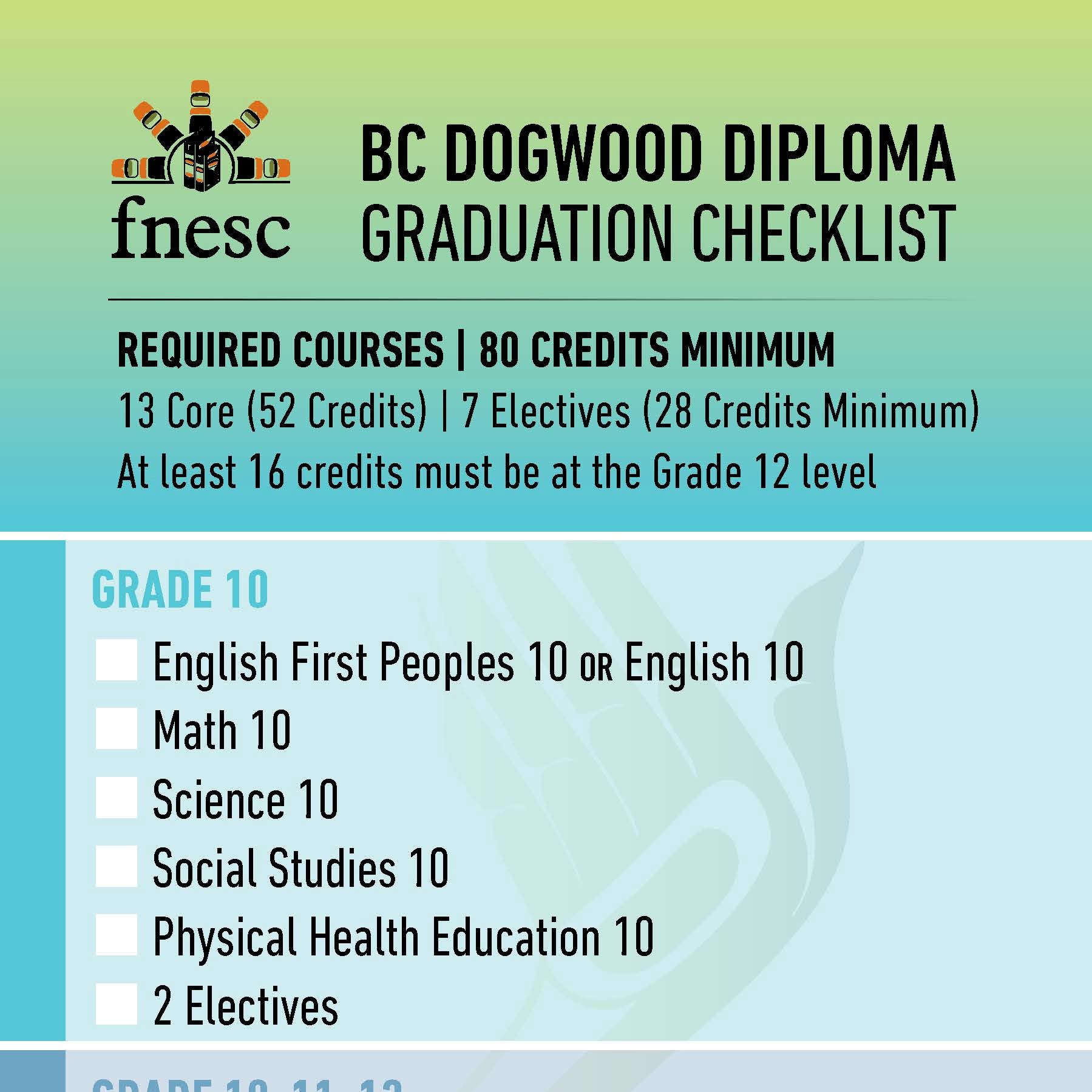
With the increased inclusion of First Peoples’ content in the changing BC curriculum, there is a need to incorporate unappropriated First Peoples’ perspectives across the curriculum. The First Nations Education Steering Committee and the First Nations Schools Association, in collaboration with teachers and partners, have developed the following Learning First Peoples series of teacher resources to support English Language Arts, Science Social Studies and Mathematics courses.
The resources reflect the First Peoples Principles of Learning as well as the Calls to Action of the Truth and Reconciliation Commission, including the call to “integrate Indigenous Knowledge and teaching methods into classrooms” and “build student capacity for intercultural understanding, empathy and mutual respect.”
For questions or ordering of FNESC publications, please contact us
Learn about upcoming Learning First Peoples workshops for teachers.
The BC First Nations Land, Title, and Governance Teacher Resource Guide is designed to support the understanding of traditional and contemporary forms of First Nations governance specific to First Nations in BC. It provides background information relevant to all teachers and students, and provides suggested activities and resources for grades 2 to 12.
The FNESC/FNSA Secondary Science First Peoples Teacher Resource Guide provides educators with resources to support the integration of the rich body of First Peoples (unappropriated) knowledge and perspectives into secondary Science classes (as well as other curricular areas).
This Teacher Resource Guide is intended to support students and teachers of BC First Peoples 12. It is one in a series of teacher resources developed by the First Nations Education Steering Committee and the First Nations School Association to bring relevant and appropriate learning materials to teachers in all BC schools, including First Nations, public and independent schools.
The Math First Peoples Resource Guide is designed to help teachers of Mathematics Elementary & Secondary in BC extend their existing practice to incorporate new approaches.
Explore First Peoples’ worldviews through literature, founded on the First Peoples Principles of Learning. English First Peoples is recognized by BC universities and college for English entrance requirements.
Science First Peoples, for grades 5-9, offers information regarding how First Peoples perspectives in science can be recognized and included in science inquiry, as well as curriculum planning suggestions and fully developed units corresponding with the BC science curriculum.
Our Authentic First Peoples Resources Guide, for K to Gr. 9 (2016, updated 2021) and Online Catalogue helps educators identify authentic First Peoples texts.
Indian Residential Schools and Reconciliation Teacher Resource Guides for grades 5 and grades 10-12 provide BC-focused, age-appropriate teaching materials as well as tips for introducing the topic in the classroom.
All of our curriculum resources are founded on the First People’s Principles of Learning, which reflect a respectful and holistic approach to teaching and learning.
The Career Journeys Role Model Program materials are intended for elementary and secondary level students and include video interviews, a teacher resource book, a parent & student guide, and classroom posters.
The teacher resource guide In Our Own Words, K-Gr. 3 Authentic Resources (2012, Revised 2020) offers teachers information and guidance about how to incorporate authentic First Peoples materials into their instruction and assessment.
When planning for a successful secondary school experience, students are faced with important decisions about the courses they take in Grades 10, 11 and 12. The BC Dogwood Diploma Graduation Checklist can be a useful tool help remind students about the courses necessary to graduate with the BC Dogwood Graduation Diploma

